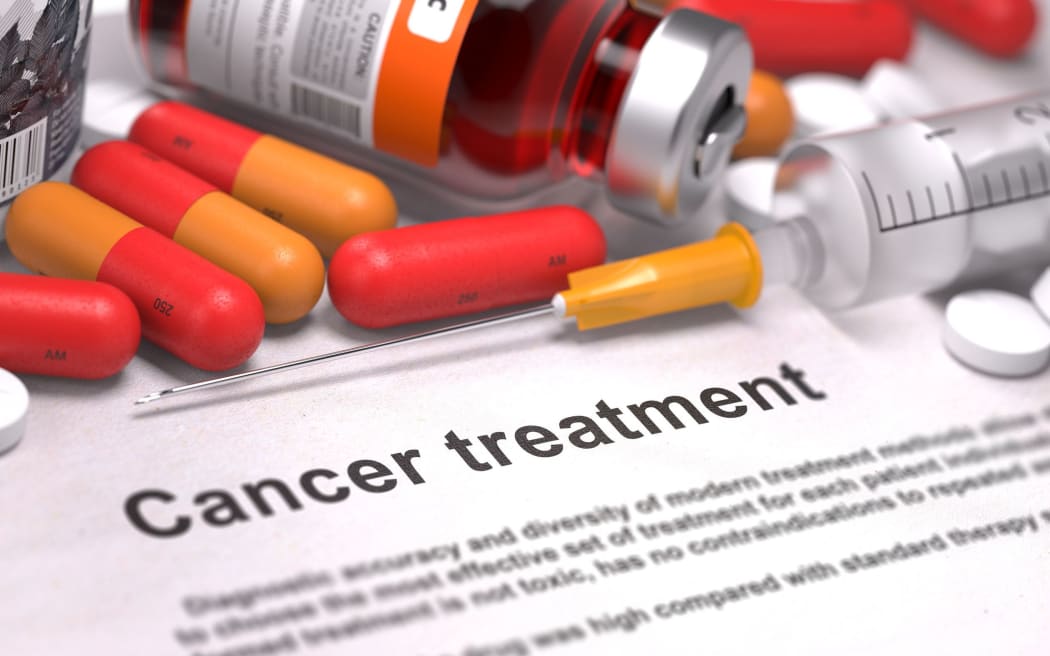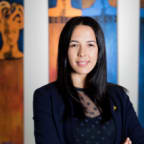An international study shows Māori have a higher chance of getting cancer than non-Māori, but the same is not true for other countries' indigenous peoples.

Photo: 123rf.com
The study, published in the Lancet Oncology, has found that inequalities for cancer is higher in New Zealand than it is in Australia, Canada and the United States.
The Director of Cancer Control and Screening Research Group at Otago University, Associate Professor Diana Sarfati, disputes that and says overseas data on indigenous people is poorly collected and likely underestimates their cancer rates.
In New Zealand, Māori are 19 percent more likely to get cancer than non-Māori.
Associate Professor Diana Sarfati said the most critical point for her is that most of the cancers Māori get are preventable.
She said Māori can be impacted by poverty, poor living conditions and a high smoking rate.
"Having poverty in childhood means you've got this long cloud being put over your life where in adulthood you're at increased risk of these very serious cancers."
Māori have the highest rate of lung cancer of all the populations in the four high income countries studied, while non-Māori have the lowest.
The Director of Te Rōpū Rangahau Hauora o Eru Pomare at the University of Otago, Bridget Robson, said that shows tobacco control in New Zealand has failed overall.
"We've had a tobacco control strategy that has worked really well for non-Māori but has failed to work for non Māori ."
She said the country needs Māori to lead a new approach to cut smoking rates.
The chair of the National Māori Cancer Leadership Group, Dr Nina Scott, said evidence shows Māori are treated differently in the health system.
She said survival rates for prostate cancer are 250 percent lower for Māori than non-Māori.
"Everywhere we looked along the prostate cancer treatment pathway we found differences by ethnicity."
Dr Scott said Māori are 50 percent less likely to be screened by their GP for prostate cancer.
"And it just gets worse from there on," she said.
"If you're Māori and you get a high PSA result from your screening test for prostate cancer, then you are less likely to be referred to a specialist. If you do get to a specialist, you're less likely to be biopsied. If you do get cancer it's more likely to be advanced, obviously. But you are less likely to get certain types of treatment if you are Māori."
But Dr Scott said improvements were being made in screening for breast cancer, which is the most common form of cancer for Māori women.
"The beautiful news is that we have achieved equity in chances of survival in screen detected cancer in Māori and non-Māori women."
A lecturer in Health Sciences, Māori Health and Well-being at Canterbury University, Annabell Ahuriri-Driscoll, said we need to look at the way services are delivered.
"For a number of reasons there's differential treatment offered to Māori."
"I guess we look at what are the policies, the processes and the practices that are unwittingly perpetuating those disparities."
She said some of the work being done is looking at how practitioners in the system can try and eliminate unconscious bias.
"So things like that, your cultural safety and cultural competence."
Dr Scott said inequality can be easily fixed if its put under a microscope, and says reporting by ethnicity is a good start to understanding what needs to be done.
The experts all conclude that work needs to be done to improve access of Māori to health, employment and education.


